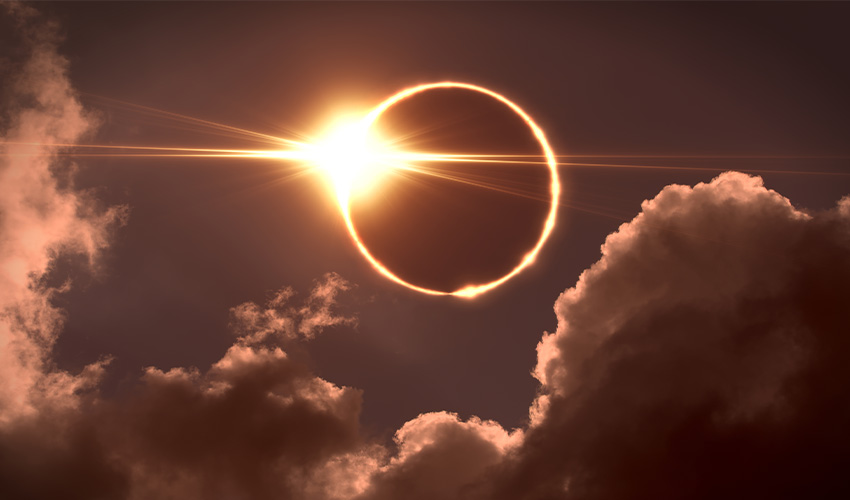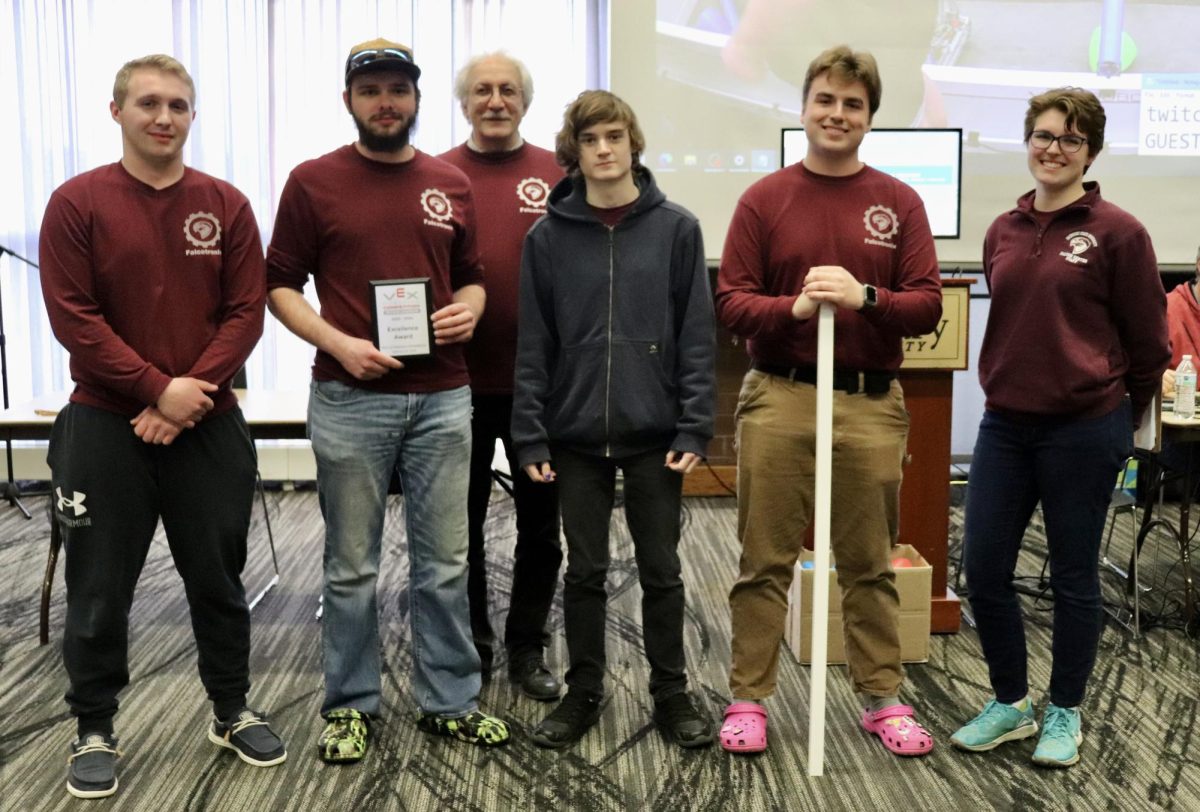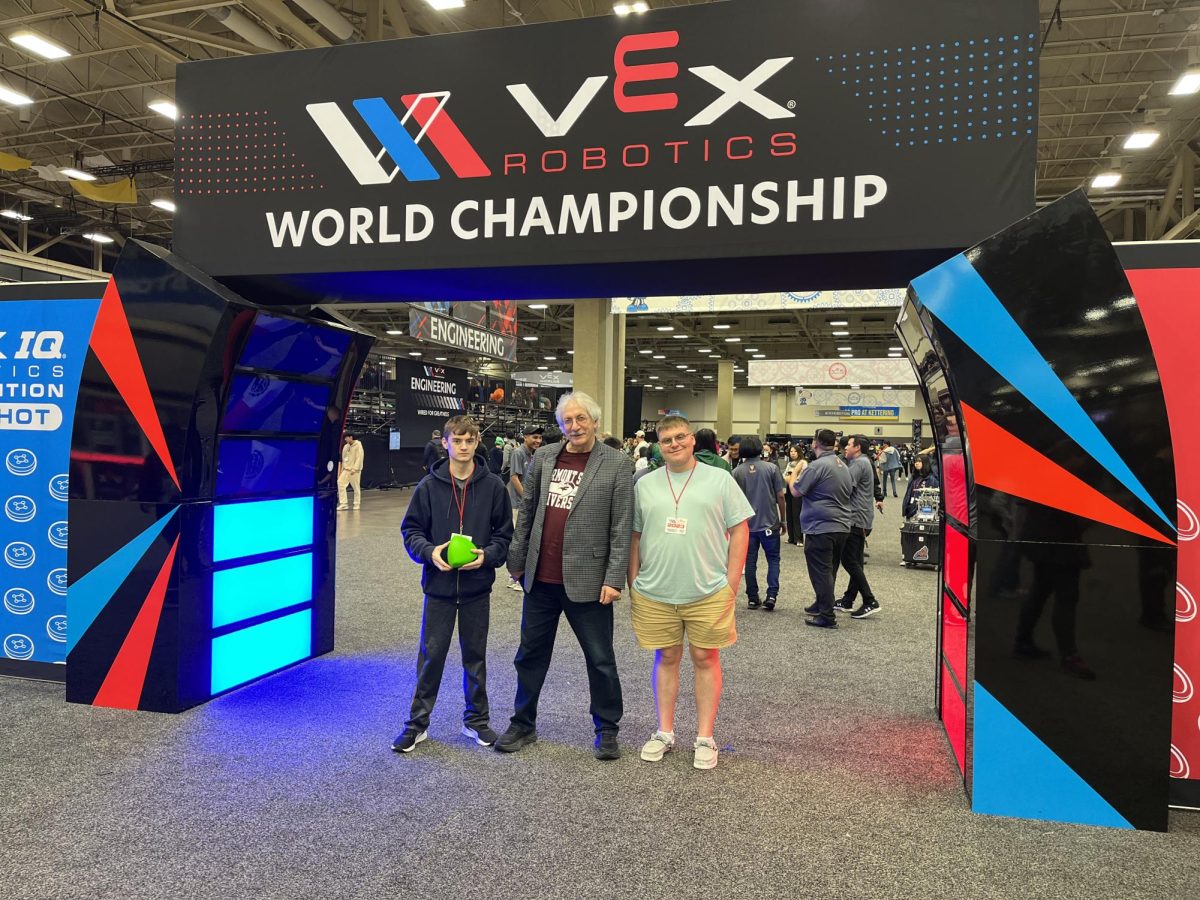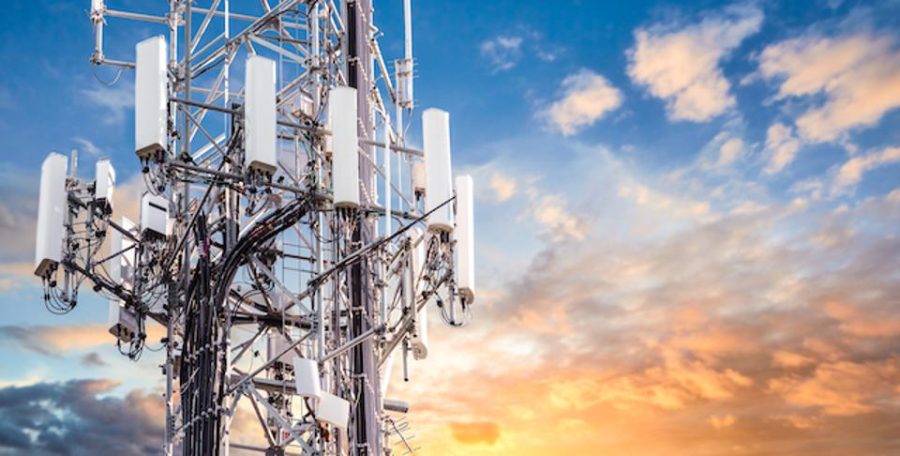On Monday, April 8th, 2024, the eastern Continental United States will experience spectacular astronomical event: a solar eclipse! And what’s more, the majority of West Virginia, including Fairmont, will be directly in the path and be treated to a partial eclipse of up to 95% totality! That means while we won’t quite experience a total eclipse, it’s pretty darn close.
In Fairmont, the eclipse will begin around 2:00 pm, peak at around 3:15 pm, and end at 4:30 pm, lasting a total of two hours and thirty minutes. During this time, the world will go dark.
A solar eclipse occurs when Earth’s Moon passes between the Earth and the Sun, such that, from our point of view on Earth, the Moon appears to block out the Sun temporarily. It’s very rare for this celestial alignment to occur, and the eclipse will only be visible in certain locations. For people on the other side of the world, it will be just a normal, uneventful day.
However, in places where the eclipse does occur, this phenomenon can confuse animals, making believe them it is nighttime. You may not see or hear any birds during the eclipse because they went to sleep, and you may hear crickets chirping instead!
This solar event has been dubbed the Great North American Eclipse. It’s also your last chance to see a solar eclipse in America until August 23, 2044, twenty years from now!
So, don’t miss out, but also be prepared and remember that you CANNOT look at the Sun during any point of the eclipse without special glasses designed for that purpose. Regular sunglasses do NOT provide strong enough protection to view the eclipse. Specialized solar eclipse glasses are at least a thousand times darker than regular sunglasses. Furthermore, you may have read or heard that you can briefly look at the eclipse without solar glasses during totality, when the Moon completely covers the Sun. This is true; however, it is
important to remember that West Virginia will not experience totality—only a partial eclipse. This means that you should not take your glasses off at any point during the eclipse.
Using proper solar viewing glasses is VERY important to prevent severe, permanent eye damage, including blindness. You should also not trust any websites or social media posts that give instructions on “how to make your own solar eclipse glasses at home.” Solar viewing glasses are made of specialized materials, and any homemade glasses are unlikely to provide sufficient protection. Also, do not use any glasses that appear to be punctured, torn or damaged.
Solar viewing glasses should be ISO Certified. ISO is the International Standard for Organization. NASA highly recommends ISO Certified solar glasses for watching the eclipse. However, many counterfeit solar glasses are flooding the market. Be sure that your glasses are labeled ISO 12312-2 and include the ISO logo and detailed instructions from the manufacturer.
See a full list of vendors approved by the American Astronomical Society by following this link: https://eclipse.aas.org/eye-safety/viewers-filters. Stores like Walmart and Kroger’s may also sell ISO Certified glasses. Also note that price is not a reliable sign of authenticity or inauthenticity; solar glasses are cheap to manufacturer, but due to rising demand as the eclipse approaches, some vendors may be inflating the price while others strive to keep them affordable.
Some solar glasses may have an additional CE certification, which is a good sign of authenticity and adequate protection. CE certification means that a product meets the necessary health and safety requirements to be commercially sold within the European Union. Also, be cautious of solar glasses labeled as “NASA-approved” or “AAS-approved” as these organized do not test, certify, or endorse solar glasses; they only recommend ISO certified solar glasses.
Finally, if you do purchase or have already purchased solar eclipse glasses from a third-party retailer, such as Amazon, and the certifications seem legitimate, there is a simple three-step method to test whether your glasses are likely to provide adequate protection.
First, put on your glasses. They should be completely dark, and you should see nothing at all. Now, look at the brightest artificial light source you can find in your home, such as an ultra-bright flashlight. Or perhaps take the lampshade off a lamp. You should only barely be able to see this light source, if at all. If you can see it, the light should be extremely faint.
Next, go outside on a clear day and look around (but do not look at the Sun yet!). You should still see absolutely nothing, not even the ground or your hand in front of your face. If you can see anything at all and they seem more like regular sunglasses, they are probably unsafe.
Finally, if the glasses passed the previous two tests, very briefly look at the Sun. You should be able to clearly see the Sun as a bright, distinct circle, without straining or hurting your eyes.
If your glasses pass all these tests, they are most likely safe to use to view the eclipse! However, even when using proper solar viewing glasses, you should limit the amount of time you look at the Sun to several seconds at most and take breaks in between viewing. Luckily, the eclipse will occur very gradually, so you won’t miss much. If you find the price of solar glasses daunting, you can easily share a pair or two with your family and friends, and by taking turns, everyone should have ample time to witness this stellar event!
Don’t have solar glasses or the time or ability to go outside to watch the eclipse? No problem! You can watch the official live broadcast of the 2024 solar eclipse from NASA, in either English or Spanish! Here’s the link for the livestream: https://science.nasa.gov/eclipses/future-eclipses/eclipse-2024/live/
Also, for more interesting fun facts about the eclipse, here’s NASA’s official 2024 solar eclipse resource page: https://science.nasa.gov/eclipses/future-eclipses/eclipse-2024/
So, be safe! Don’t miss your chance to see the last solar eclipse for the next twenty years!










